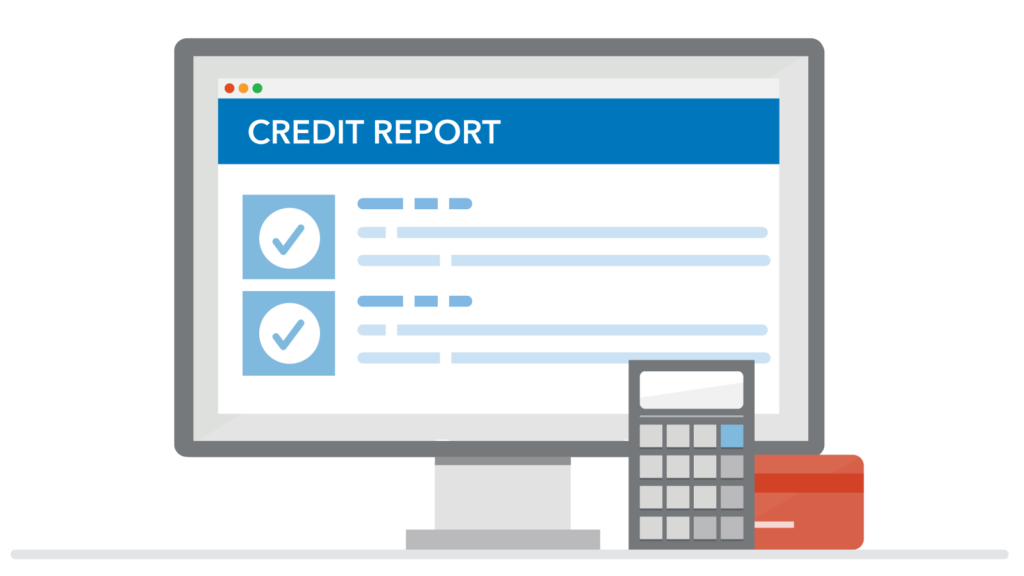A judgment reporting on your credit reports is going to cause substantial negative issues to your credit scores.
If you get a notice that a creditor is suing you for a debt, contact the plaintiff and see if you can pay off the debt or work out a payment plan to avoid the judgment.
If you can’t come to an agreement, go to court on the date of the case and when your case is called ask that the plaintiff validate your debt in front of the judge.
If the plaintiff doesn’t have the validation documents, which may include a copy of the original signed contract/agreement and statements showing how you accumulated the balance that you are being sued for, the judge may dismiss the case in your favor.
If the plaintiff/creditor can validate the debt you will lose the case and a judgment will be placed against you.
But, when you show up at court at least you give yourself a chance to win.
If you don’t go to court you are going to lose 100% and will have a deficiency judgment placed against you.
If you already have a judgment placed against you, you will want to contact the creditor or their legal representative to work out a payment plan.
Paying off the debt will protect your assets and save you the embarrasment of the creditor contacting your employer to garnish your wages.
As far as your credit report goes, you can try disputing court judgments with the credit reporting agencies or requesting for the verification and validation of the trade-line information with LexisNexis and LCI.
Just like any other account, you should try to be proactive and work on the derogatory information but, it’s important to understand that the only information that can be removed from a consumer credit report is information that is inaccurate, unverifiable, incomplete, or not in compliance with the law.
CreditFirm.net has helped thousands of clients improve their credit scores and remove judgments from their credit reports.
If you have court judgments on your credit reports contact CreditFirm.net to find out how we can help fix your credit and improve your credit scores.











